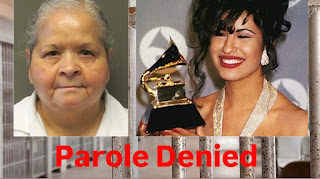Dreamville Is Dead—But Can Raleigh Keep the Culture Alive?
Dreamville Festival as we know it is officially entering a new chapter—but it’s not going away.
At a recent press conference, Raleigh city officials confirmed they’ve struck a multi-year deal with Dreamville and Live Nation to continue the festival under the Dreamville label, just with a new name and possibly a new structure. While the name “Dreamville Festival” might retire, the heart of the event is sticking around.
And that heart? Still beats with J. Cole’s fingerprints all over it.
“This is a multi-year deal,” said Sascha Stone Guttfreund, the festival’s producer with Dreamville and Live Nation. “We’re so excited to be working with the city of Raleigh together on something new and exciting.” Raleigh City Manager Marchell Adams-David doubled down, promising: “We’re going to continue on the same path that’s been successful for us.”
Translation: the culture isn’t being thrown out with the name.
More importantly, J. Cole isn’t stepping away. While he may not headline going forward, Adams-David confirmed he “has his hands all over” the festival. That level of creative control from Cole, paired with the city’s clear desire to stick to the winning formula, gives fans reason to believe this won’t be a gentrified remix of what Dreamville once was.
But let’s not act like the community’s concerns weren’t valid. Any time a cultural space gets corporate backing, rebrands, or shifts its name, we’ve seen how quickly the identity can start to fade. Black art gets used for the aesthetic, but the spirit—the storytelling, the grit, the soul—gets left behind.
Dreamville wasn’t just a festival. It was Black music’s safe space for community. A festival that celebrated rap, R&B, afrobeats, and more without needing to cater to outside approval. So as this new iteration launches, the city and its partners need to remember: success wasn’t just about attendance. It was about intention.
The next four years could be a powerful new chapter if they stay true to what built this in the first place—Black creativity, community, and Cole’s commitment to Raleigh.
So yes, the name might change. But if the culture stays rooted? Dreamville might just live on—even without the name on the ticket.







Comments
Post a Comment